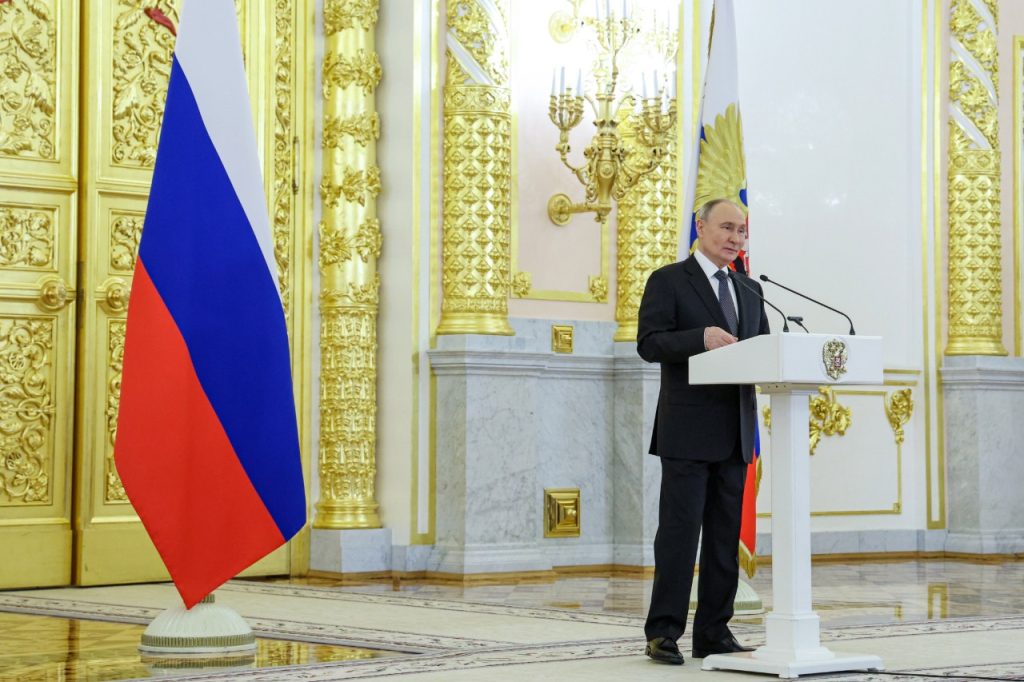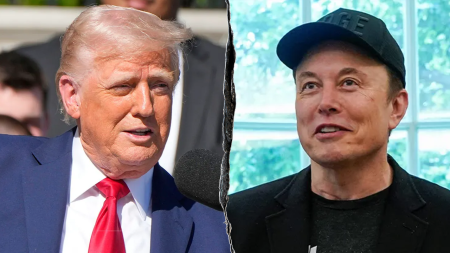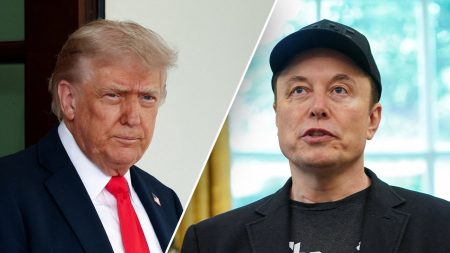The United States has reinforced its opposition to the Nord Stream 2 pipeline project by imposing a new round of sanctions against entities and individuals involved in its construction. This action underscores the U.S.’s long-standing disapproval of the pipeline, which it views as a tool for Russia to exert political influence and potentially weaponize energy resources. The sanctions target a range of actors, from the project’s operator, Nord Stream 2 AG, to a Russian insurer, maritime rescue service, water transport logistics company, and multiple vessel owners. Some of these entities had faced previous sanctions, while others are being designated for the first time.
The timing of these sanctions is significant, coming after the September 2022 explosions that crippled both Nord Stream 1 and 2 pipelines. While the perpetrators of these attacks remain unidentified, the incident highlighted the vulnerability of energy infrastructure and intensified concerns about Russia’s potential to manipulate energy supplies for political leverage. The U.S. has branded the explosions as potential sabotage, while Russia denies any involvement, calling such accusations “idiotic.” Although neither pipeline was operational at the time of the blasts, both contained pressurized gas, raising further questions about the environmental and security implications.
The U.S. government’s stance on Nord Stream 2 has been consistent, even before the pipeline became inoperable. The project, designed to deliver Russian natural gas directly to Germany via the Baltic Sea, was seen by critics as bypassing traditional transit countries like Ukraine, potentially weakening their economies and increasing Europe’s dependence on Russian energy. The U.S. argued that the pipeline would empower Russia to use energy as a political weapon, influencing European policy decisions and undermining energy security.
Prior to the war in Ukraine, Nord Stream 1 supplied a significant portion, approximately 35%, of the European Union’s Russian gas imports. Nord Stream 2, had it become fully operational, would have doubled this capacity, further solidifying Russia’s grip on the European energy market. The U.S. has consistently voiced concerns about this potential dominance, arguing that it would give Russia undue leverage over European nations.
Russia’s invasion of Ukraine and the subsequent weaponization of energy supplies have dramatically altered the energy landscape. Following the invasion, Moscow indefinitely halted gas flows through Nord Stream 1, citing maintenance issues, a move widely interpreted as retaliation against European sanctions and support for Ukraine. This action underscored the risks associated with relying heavily on Russian energy and spurred Europe to diversify its energy sources.
The European Union has been actively pursuing strategies to reduce its dependence on Russian energy. These efforts include increasing imports of liquefied natural gas (LNG) from the U.S. and other suppliers, investing in nuclear power, constructing more regasification terminals to handle LNG imports, and exploring alternative energy sources. The scramble to secure alternative energy supplies highlights the urgency of the situation and the significant economic and geopolitical implications of Russia’s energy tactics. The sanctions against Nord Stream 2 represent a continuation of the U.S.’s efforts to counter Russian influence and support European energy security in the face of ongoing geopolitical tensions.
The sanctions against Nord Stream 2 and related entities signal the U.S.’s unwavering stance against the project and its determination to prevent Russia from leveraging energy for political manipulation. The explosions that damaged the pipelines, though unresolved, further highlighted the vulnerability of energy infrastructure and intensified concerns about Russia’s intentions. The EU’s efforts to diversify its energy sources demonstrate a growing recognition of the risks associated with over-reliance on a single supplier, particularly one with a history of using energy as a political tool. The sanctions represent a significant step in the ongoing geopolitical struggle over energy security and reflect the U.S.’s commitment to supporting its European allies in reducing their dependence on Russian energy.









